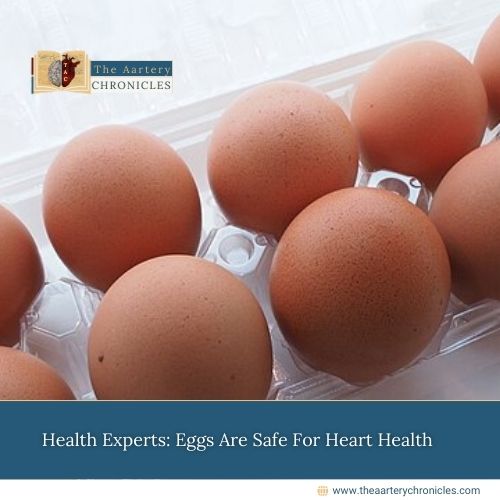

Health Experts: Eggs Are Safe For Heart Health
Introduction
Health experts have confirmed that eating one egg per day is not harmful to heart health and does not cause an increase in blood cholesterol levels. Despite ongoing concerns, research suggests these fears are unnecessary, as eggs are an important source of nutrition.
The Debate on Egg Consumption
For years, there has been debate about how many eggs are safe to consume daily, especially with rising concerns about cholesterol and heart disease. However, Dr. Rajeev Jayadevan, Chairman of the Kerala State IMA Research Cell, states that eggs provide vital nutrients and are one of the best protein sources worldwide. He emphasizes that they are
- Affordable
- Readily available
- Highly nutritious
Cholesterol Concerns Are Often Misunderstood
Dr. Jayadevan explains that the cholesterol present in eggs does not significantly affect blood cholesterol levels. “The body produces cholesterol in the liver, based on its nutritional needs,” he says, clarifying that dietary cholesterol has minimal impact on this process.
Unfortunately, many people still believe that eating cholesterol-rich foods like eggs directly raises blood cholesterol levels, a misconception that leads to unnecessary fear.
Other Risk Factors for Heart Disease
While it’s important to manage cholesterol, Dr. Jayadevan stresses that heart disease risk is influenced by many factors beyond diet. These include
- Smoking
- Alcohol consumption
- Family history of heart disease
- Obesity
- Lack of physical activity
- Diabetes
- High blood pressure
Both high levels of LDL (bad cholesterol) and low levels of HDL (good cholesterol) play a role in heart disease, but dietary cholesterol from eggs is not a major concern.
Egg Consumption in a Heart-Healthy Diet
Dr. J.P.S. Sawhney, Chairman of the Cardiology Department at Sir Ganga Ram Hospital in New Delhi, echoes this sentiment, adding that one egg per day can be part of a heart-healthy diet. While the yolk contains about 186 mg of cholesterol, this has little effect on blood cholesterol levels for most people. However, individuals with high cholesterol, genetic predispositions like familial hypercholesterolemia, or existing heart disease should still monitor their egg intake.
Eggs: A Nutrient Powerhouse
Eggs are packed with high-quality protein, vitamin B12, phosphorus, and selenium.
- They also contain choline, which is essential for brain health, along with vitamin A and selenium, which support the immune system.
- Experts agree that consuming one egg daily is safe for most people and provides numerous health benefits without increasing the risk of heart disease.
Source: Inputs from various media Sources









